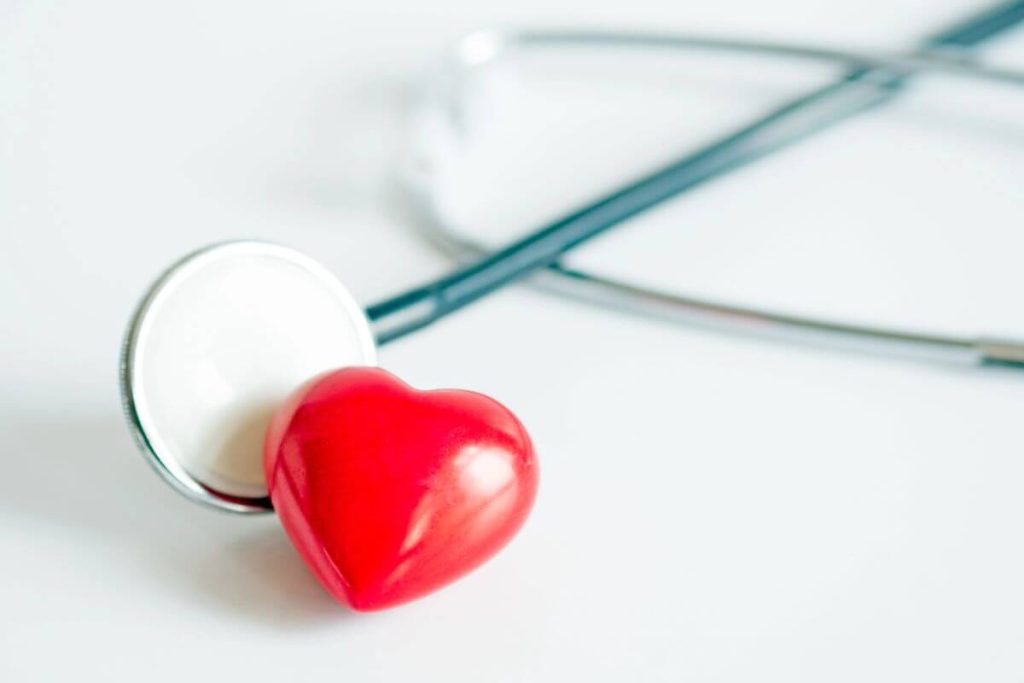What is the importance of regular heart screenings?
- Early detection of heart conditions
- Reducing the risk of heart attack and stroke
- Preventing sudden cardiac death
- Monitoring heart health in high-risk individuals
- Improving treatment outcomes
Overview
- Regular heart screenings are vital for detecting hidden conditions, reducing heart attack and stroke risks, and improving overall health.
- Many heart issues develop silently, making early detection crucial. Screenings help high-risk individuals monitor their cardiovascular health and improve treatment outcomes. Prioritize your heart health today by scheduling a screening.
Heart disease often develops silently, showing little to no symptoms until it becomes serious. That’s why staying proactive about your heart health is crucial. One of the best ways to do this is through regular screenings.
In this article, we’ll walk you through the importance of regular heart screenings, and how they can help detect hidden heart conditions, reduce the risk of serious complications, and improve overall heart health.
Early Detection of Heart Conditions

Heart disease is a silent threat, often lurking without obvious warning signs. Conditions like hypertension, arterial blockages, and arrhythmias, for instance, can progress unnoticed.
For example, a study published in the Journal of the American College of Cardiology found that nearly 60% of individuals who experienced a sudden cardiac event had no prior symptoms. This highlights the critical need for proactive screening.
Regular heart screenings are a powerful tool for early detection, helping to identify these silent issues before they escalate into serious complications like heart attacks or strokes.
By prioritizing heart screenings as a routine part of your healthcare, you actively take control of your cardiovascular health and significantly reduce the risk of life-threatening complications.
Reducing the Risk of Heart Attack and Stroke
Conditions such as hypertension (high blood pressure), hyperlipidemia (high cholesterol), and atherosclerosis (plaque buildup in the arteries) can progress silently for years, increasing the risk of these life-threatening events. Understanding these risks is the first step in taking control of your heart health.
So, how do these screenings help? Early detection of problems like arterial blockages, which can restrict blood flow to the heart or brain, or the discovery of abnormal heart rhythms (arrhythmias), which can increase stroke risk, enables timely and targeted medical intervention.
Based on the screening results, healthcare professionals can implement a range of preventative strategies, including:
- Medications: Prescribing drugs to manage high blood pressure, lower cholesterol levels, or prevent blood clot formation, depending on the specific issues identified.
- Dietary and Lifestyle Modifications: Recommending personalized dietary changes to reduce cholesterol and blood pressure, as well as encouraging regular physical activity and smoking cessation.
- Interventional Procedures: In some cases, procedures such as angioplasty (to open blocked arteries) or the implantation of a pacemaker (to regulate heart rhythm) may be recommended to prevent more serious complications.
Preventing Sudden Cardiac Death
Every year, sudden cardiac death (SCD) accounts for roughly half of all cardiac deaths and about 15–20% of overall mortality. While seemingly abrupt, SCD is frequently the result of underlying, undiagnosed heart conditions.
Regular heart screenings play a pivotal role in identifying these hidden vulnerabilities before they manifest in a catastrophic event. By detecting issues like hypertrophic cardiomyopathy (thickening of the heart muscle), long QT syndrome (a heart rhythm disorder), or coronary artery disease (blockage in the heart’s arteries) early on, doctors can implement targeted interventions.
These interventions range from medication and lifestyle changes to implantable devices like defibrillators, all aimed at mitigating the risk of life-threatening arrhythmias that can lead to SCD.
Monitoring Heart Health in High-Risk Individuals
While heart disease can affect anyone, certain individuals face a heightened risk due to factors like family history, diabetes, high blood pressure, high cholesterol, obesity, smoking, or a sedentary lifestyle.
Regular heart screenings are essential for individuals at high risk, as they actively monitor and protect cardiovascular health. These screenings serve as an early warning system, detecting subtle changes or emerging issues before they develop into serious complications.
This proactive approach reduces the risk of heart attacks, strokes, and other cardiovascular events by identifying potential problems early. Additionally, it offers reassurance, enabling high-risk individuals to manage their heart health with confidence and maintain a better quality of life.
Improving Treatment Outcomes
Advancements in cardiovascular medicine are constantly evolving, offering innovative treatments and improved outcomes for those with heart conditions. However, these breakthroughs and refinements wouldn’t be possible without the wealth of data gleaned from regular heart screenings.
These screenings provide a crucial window into the diverse ways heart disease manifests, allowing researchers and clinicians to understand the nuances of individual cases and tailor treatments accordingly.
The more data available, the better equipped medical professionals are to refine existing therapies and develop new strategies for combating heart disease effectively.
Key Takeaway
The importance of regular heart screenings cannot be overstated—early detection is key to preventing serious heart conditions, reducing the risk of heart attack and stroke, and improving overall heart health. Regular check-ups help identify potential issues before they become life-threatening, giving you the best chance to take control of your well-being.
At Perpetual Help Medical Center – Las Piñas, we offer comprehensive heart screenings to help you stay ahead of any heart-related concerns. Prioritize your heart health today—schedule your screening with us now and take the first step toward a healthier future.

